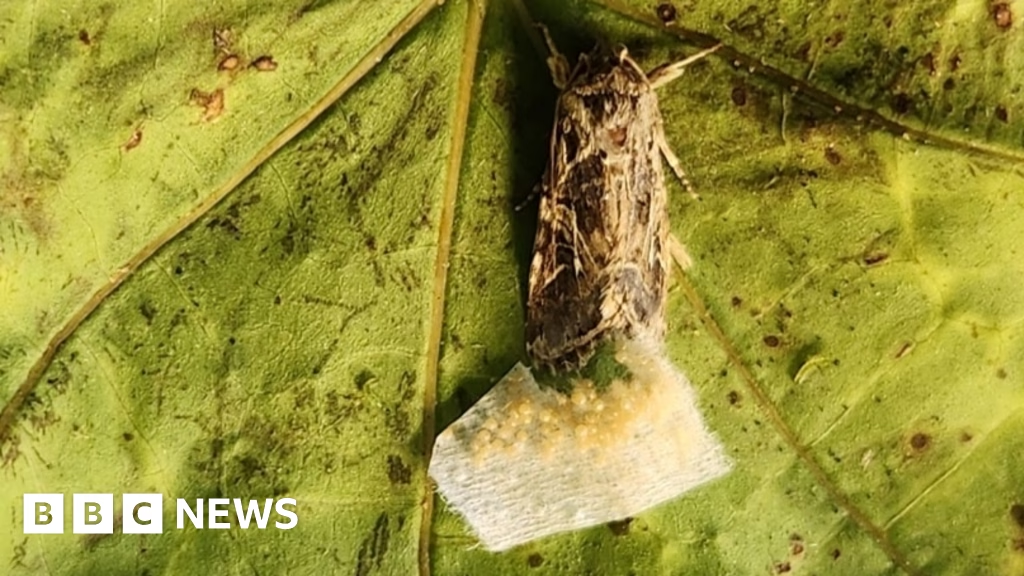Listen to the sounds three different plants might make if they were stressed.
Animals may respond to sounds made by plants, suggesting a potential invisible ecosystem between them. In a groundbreaking study at Tel Aviv University, researchers found that female moths avoided laying eggs on tomato plants emitting noises associated with distress, suggesting a potential awareness of plant health. This follows previous research indicating that plants emit sounds when distressed or unhealthy, which are inaudible to humans but detectable by various insects, bats, and some mammals.
Professor Yossi Yovel at Tel Aviv University described this as the first instance of an animal reacting to plant-produced sounds. It is speculated that animals may make decisions based on these sounds, such as pollinating, taking shelter in plants, or eating them. The team’s experiments ensured that the moths’ responses were to the sounds, not the plants’ appearance. Future research will explore the sounds made by different plants and how they influence animal behavior.
Another area of investigation involves whether plants can communicate with each other through sound to respond to conditions, like conserving water during droughts, according to Professor Lilach Hadany, also from Tel Aviv University. This notion is exciting, especially considering that other plants may be most responsive to a stressed plant’s signals.
The study highlights that while plants are not sentient, the sounds they produce due to physical changes can be beneficial to other animals and possibly even the plants themselves. This co-evolution could lead to a larger range or louder sounds from plants, with animal hearing evolving to receive this information. This unexplored field could reveal a “vast, entire world waiting to be discovered.”
In the experiment, researchers focused on female moths, which usually lay their eggs on tomato plants to provide food for their larvae upon hatching. It was theorized that these moths seek healthy plants to ensure their larvae’s survival, and thus, they should avoid plants signaling dehydration and stress through sound. Indeed, the moths did not lay eggs on plants producing such sounds, as reported in the journal eLife.
Source: https://www.bbc.com/news/articles/c8e4860n9rpo









